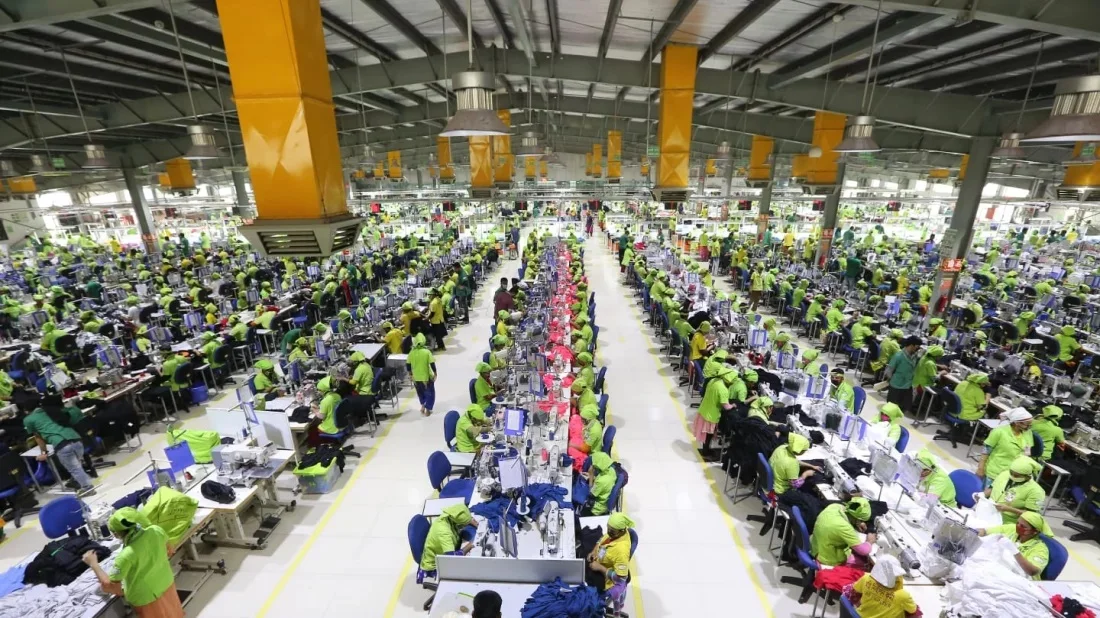Industrial credit disbursement surges over dollar price hike
Share on:

Banks and NBFIs together disbursed industrial loans of Tk309,503 crore in July-December 2023, up from Tk280,934 crore in the same period of FY23
Industrial loan releases slightly increased by 10% in the first half of FY24 compared against those in the same period of FY23, driven mainly by high dollar rates.
Banks and non-bank financial institutions together disbursed industrial loans of Tk309,503 crore in July-December 2023, up from Tk280,934 crore in the same period of FY23, according to the Bangladesh Economic Review.
Within the reporting period, industrial term loans amounted to Tk59,957 crore and working capital loans totalled Tk249,546 crore, up from Tk48,136 crore and Tk232,798 crore respectively in the same period of FY23.
Bankers attributed the growth in industrial loans to the sharp rise in the dollar rate, which increased by 11.11% to Tk110 in December 2023 from Tk99 in December 2022.
The higher dollar rate has made imported goods and raw materials more expensive when priced in local currency, prompting industries that rely heavily on imports to seek additional financing to cover the high expenses.
Additionally, companies with existing dollar-denominated loans face higher repayment costs due to the depreciation of the local currency. To manage this exchange rate risk, many businesses have refinanced their loans in local currency, leading to an increase in local currency loan disbursements.
Despite the Bangladesh Bank lifting 9% lending rate cap on July 1, 2023 and introducing the Six-Month Moving Average Rate of Treasury Bill, also called Smart, interest rate determination system, the weighted average lending rate was 9.36% in December 2023.
The relatively low cost of borrowing made local currency loans attractive to businesses.
Industrial loan disbursements advanced to Tk562,344 crore in FY23 from Tk481,517 crore in FY22.
However, overall loan disbursement growth was constrained by severe liquidity crises in banks, high non-performing loans, dollar shortages, high inflation and other economic challenges.
Consequently, the 10% growth in industrial loans in the first half of FY24 was significantly lower than the 21% and 18.46% growth rates observed in the same periods of FY22 and FY21, respectively.
Additionally, the opening and settlement of letters of credit for importing capital machinery and industrial raw materials dropped in the first half of FY24 compared to the same period of FY23.
LC openings for industrial raw materials fell by 10%, while settlements declined by 31%.
Moreover, total recovery of industrial loans decreased by 9.3% to Tk234,765 crore in the July-December period of FY24, from Tk258,811 crore in the same period of FY23.
Source: UNB

